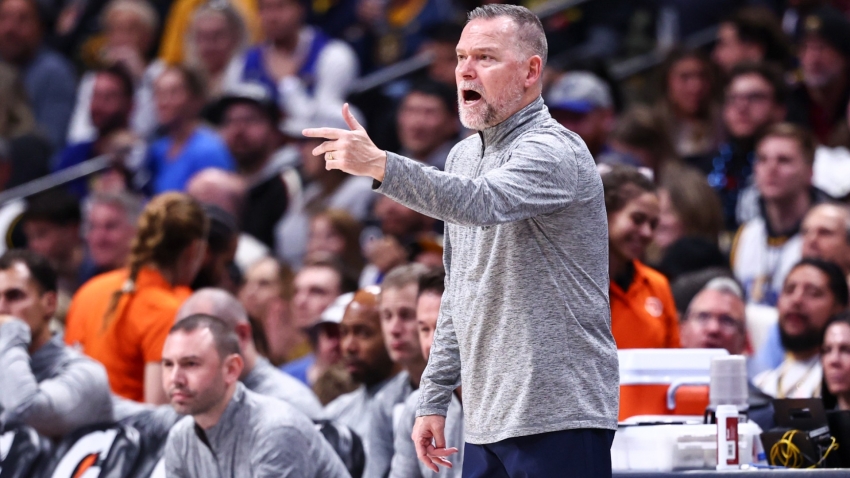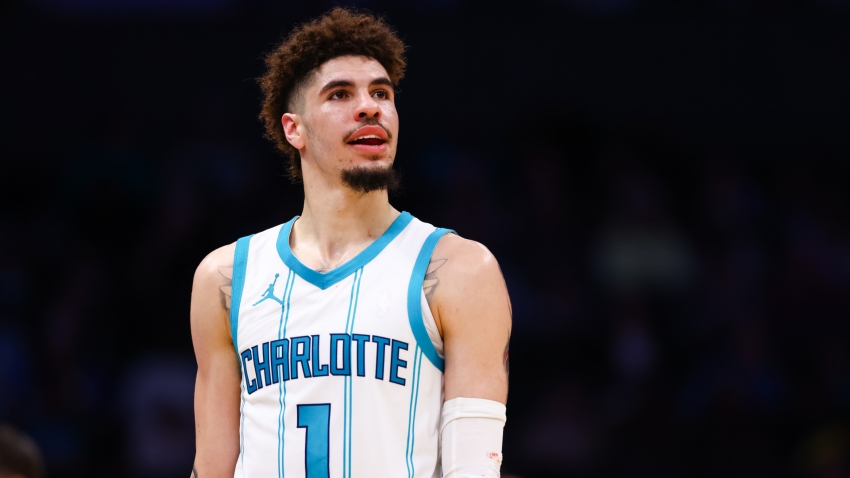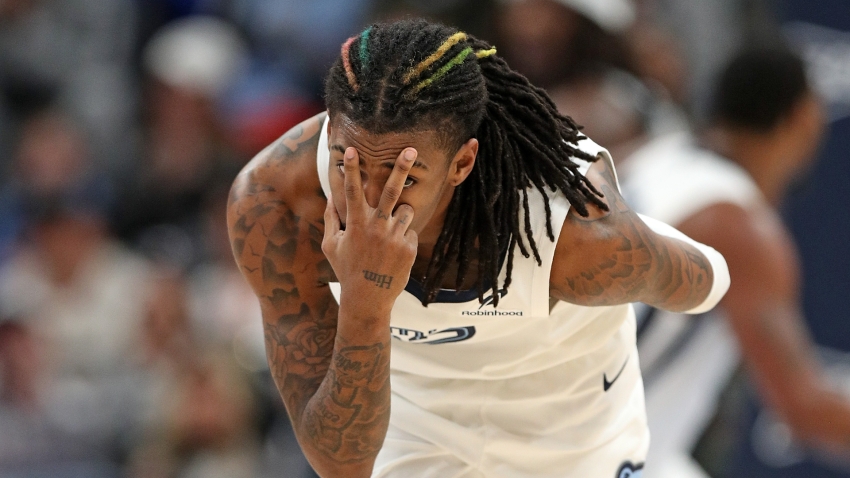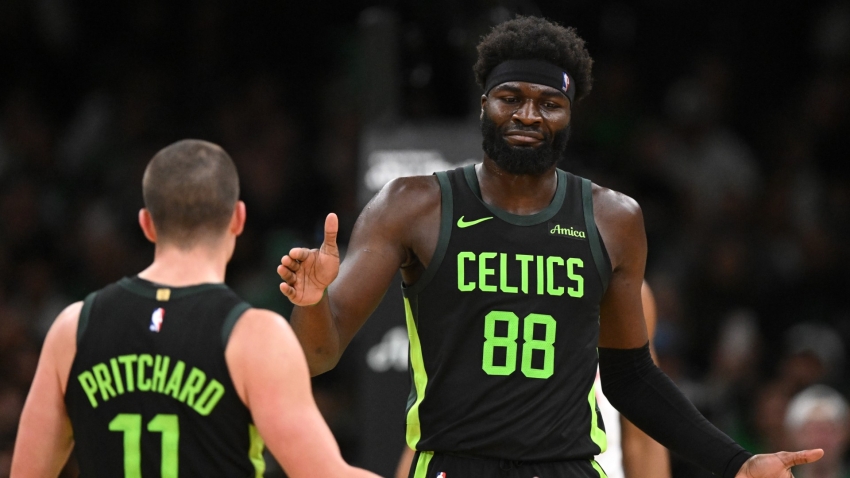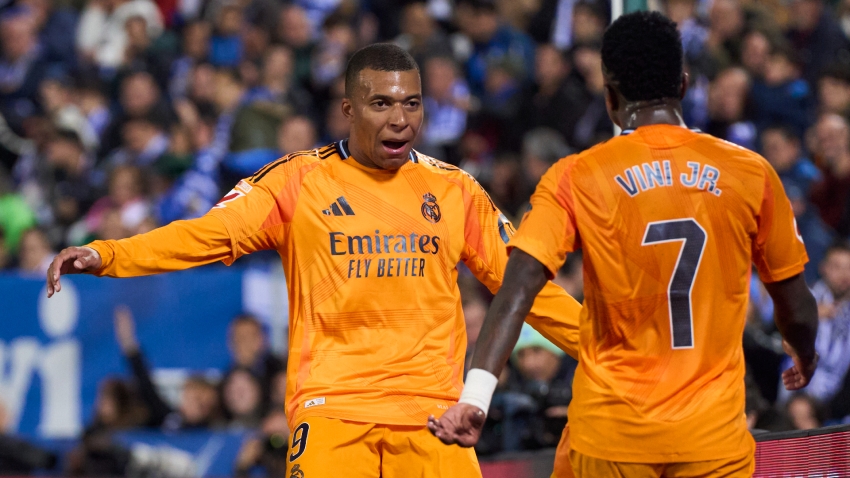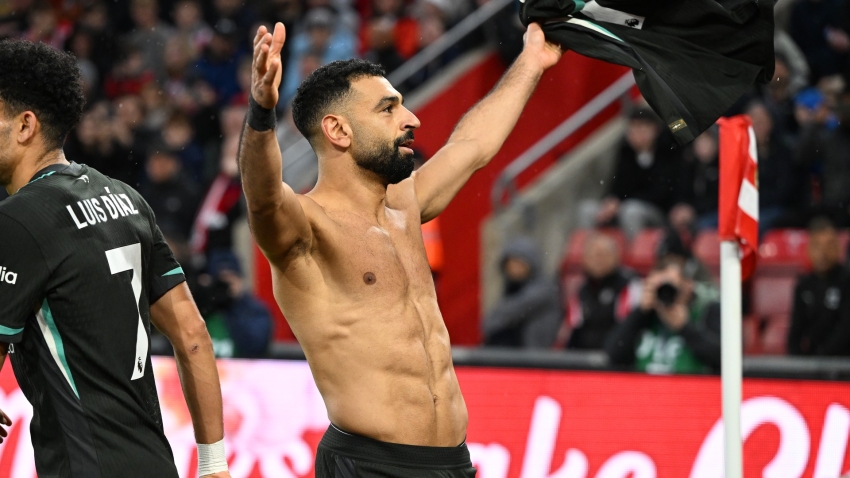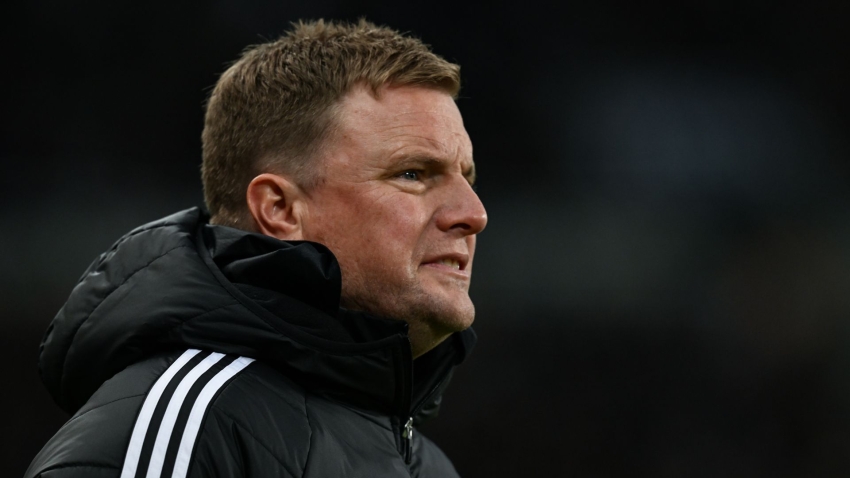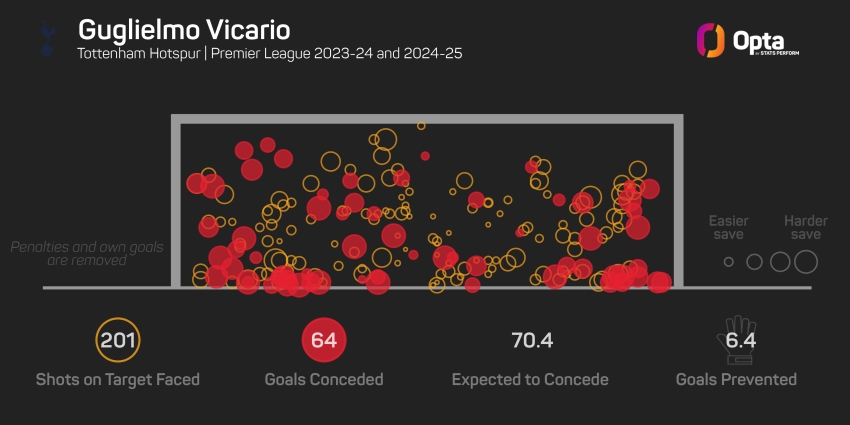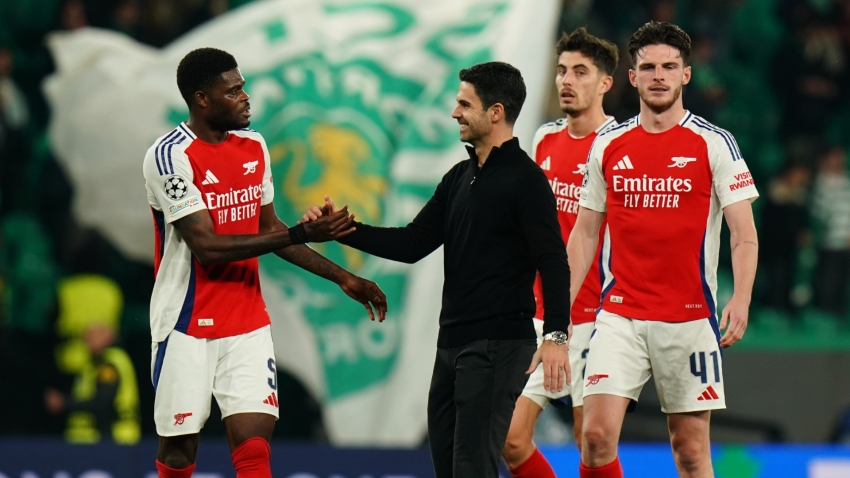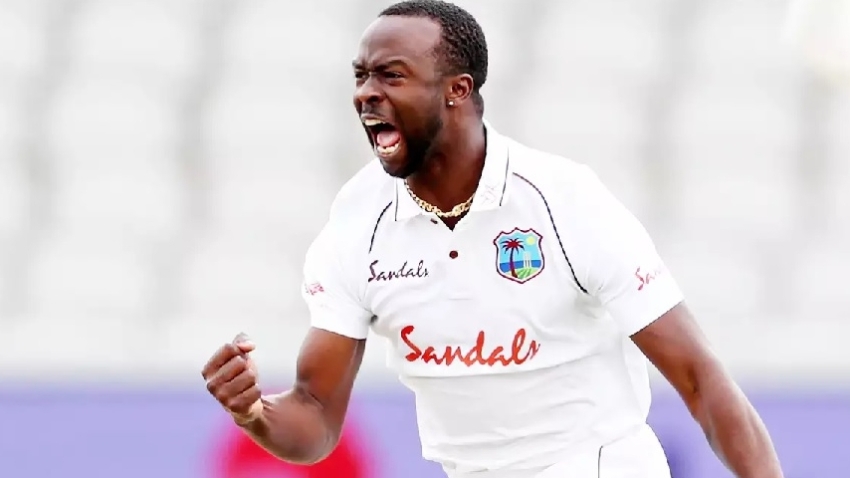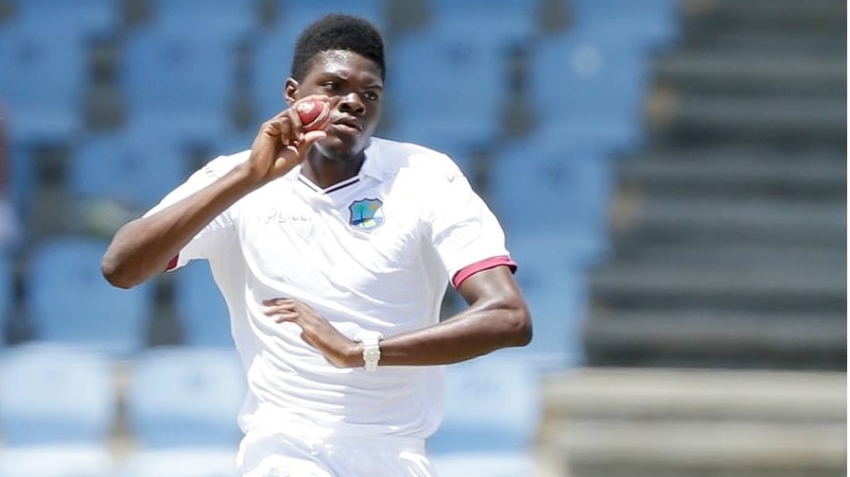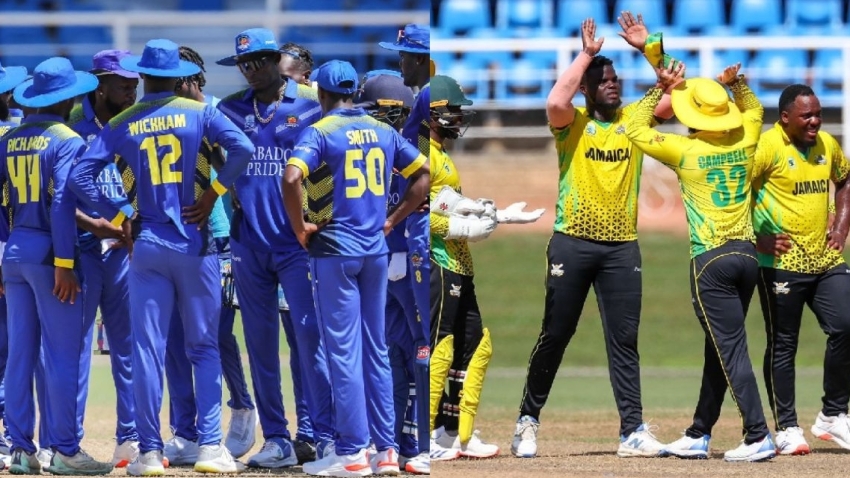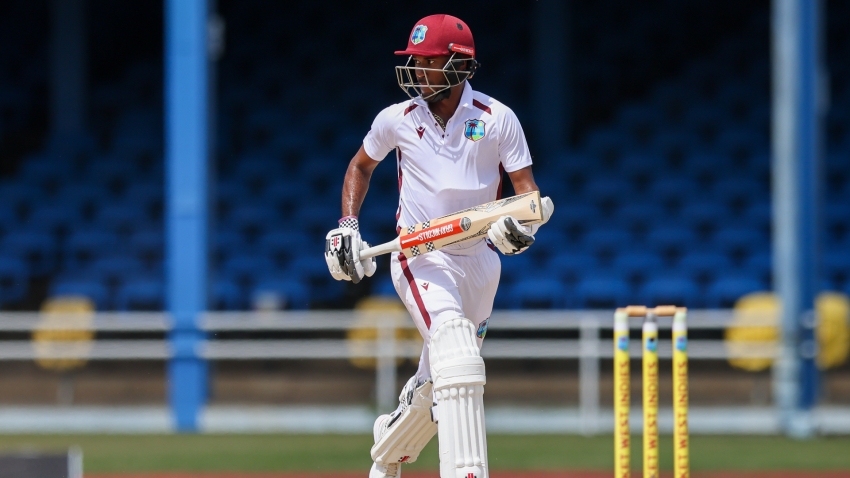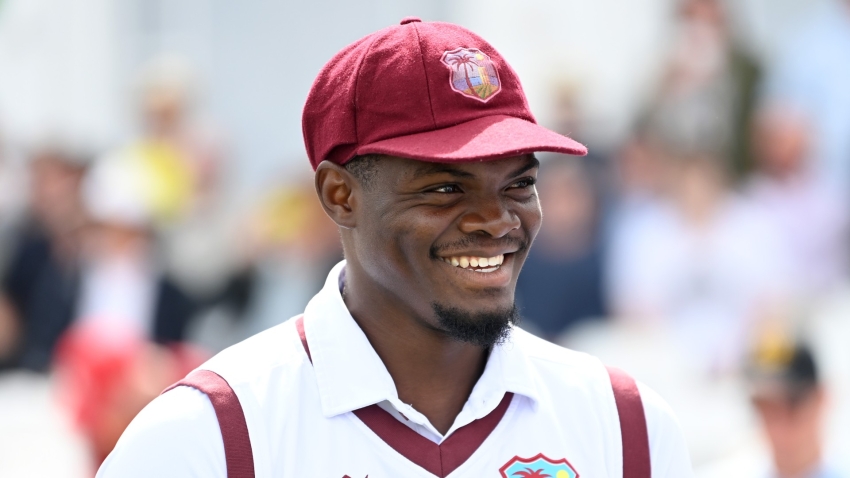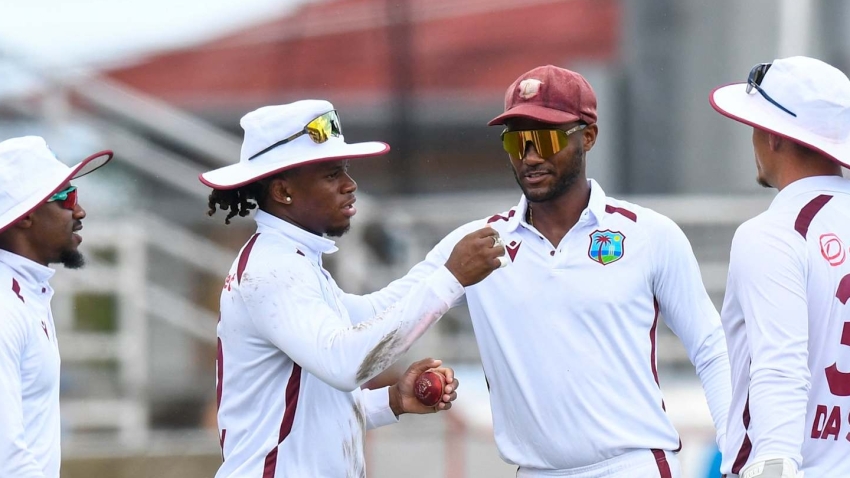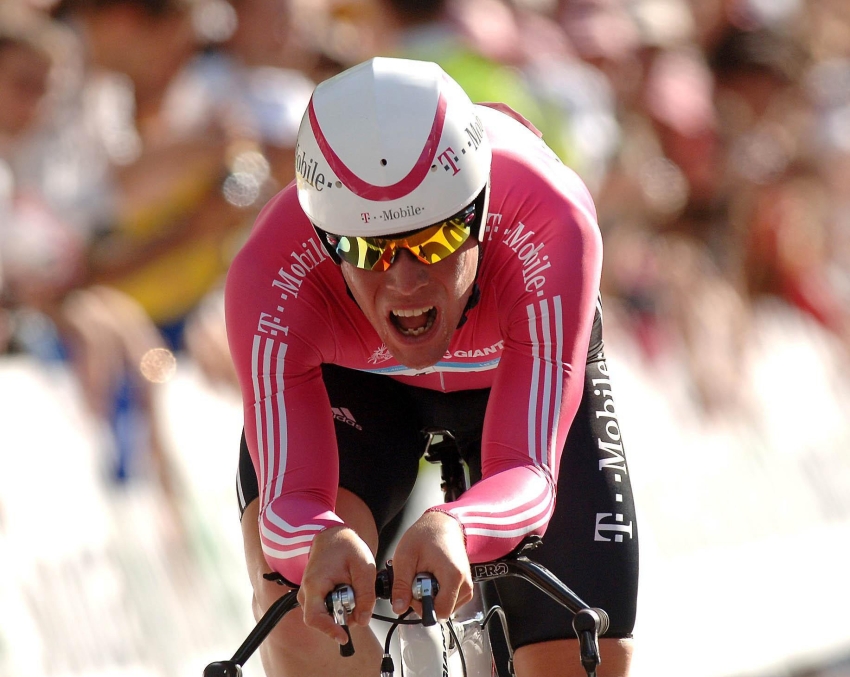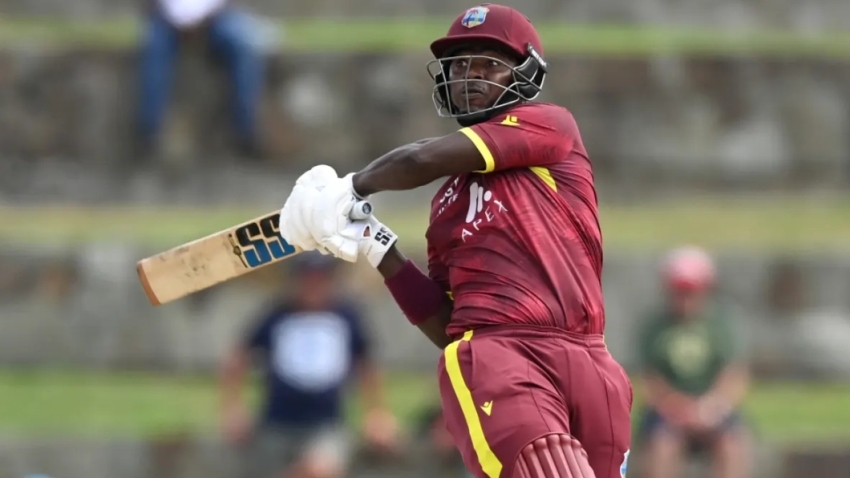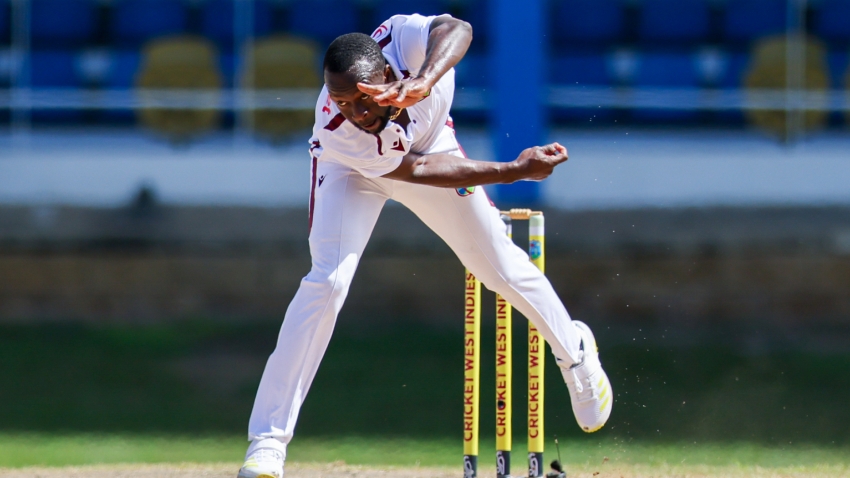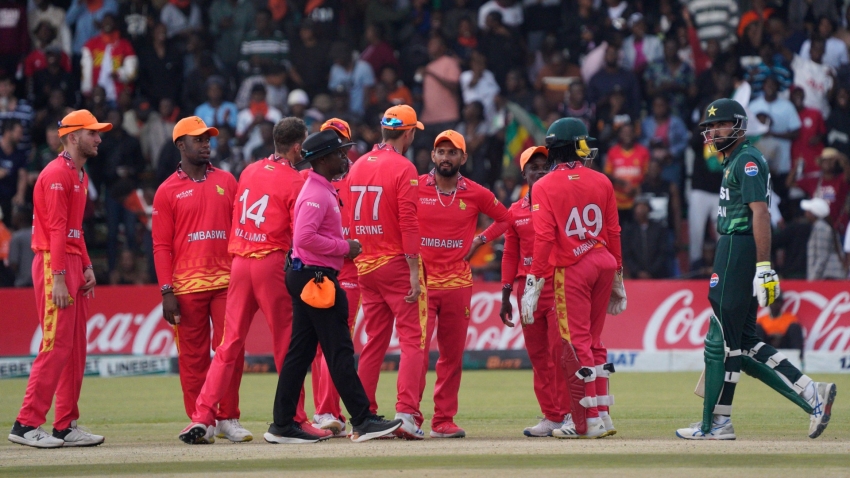There was a time when it seemed like the only person that could beat Mark Cavendish in a sprint was himself.
If he and his lead-out train executed everything according to plan, nobody else stood a chance.
Between 2007 and 2015, the Manx Missile piled up 133 victories, including the 2011 world title, stages of all three Grand Tours, Milan-Sanremo in 2009, and so much more.
He was, quite simply, the greatest sprinter cycling had ever seen.
Drive and determination had taken him from being what he called a “fat banker” – working shifts in a branch of Barclays to fund his racing ambitions – through British Cycling’s academy to the professional ranks at rapid pace.
Having turned professional in 2005, the same year he won the first of his three Madison world titles on the track, Cavendish’s results – coupled with a personal letter written to T-Mobile team boss Bob Stapleton – earned him a move to what is now the WorldTour in 2007.
His first Tour de France ended in frustration, a crash on stage two denying him a chance of victory in Canterbury, but the following summer Cavendish began a period of almost unprecedented domination – 20 Tour stage wins in the span of four years between 2008 and 2011.
The first came on stage five into Chateauroux. Mark Renshaw, who would help Cavendish to 19 of his stage wins, was not yet a team-mate, but Cavendish took his cue anyway, following his lead-out of Thor Hushovd to win with ease, crossing the line holding his head in his hands.
“It’s the biggest thing to happen to me without a doubt,” Cavendish said at the time. “To win a stage is massive.”
It would soon become routine. He took three more that summer despite leaving the race after stage 14 to focus on the Olympics, six in 2009, then five each in 2010 and 2011.
His tongue could be as sharp as he sprints. When things went wrong, Cavendish was never shy about voicing his frustration, but his praise for those around him was just as vociferous when things went right, which more often than not they did.
Such was their domination in 2009, Cavendish won on the Champs-Elysees by a good 30 metres and team-mate Renshaw followed home in a comfortable second place.
After becoming only the second British world champion after Tom Simpson in 2011, Cavendish took his rainbow stripes to Team Sky the following year.
Though back among friends from his early days in Bradley Wiggins and coach Rod Ellingworth, he never jelled with the data-driven approach of the team and would move on after just one season to join Belgian winning machine OmegaPharma-QuickStep.
With a lead-out train built to his specifications he rewarded his employers with regular victories but nevertheless found himself being questioned as Marcel Kittel emerged as a formidable rival at the Tour.
There was frustration in 2014 when he crashed in his mother’s home town of Harrogate, ending his race on the opening stage, and though he added another stage win in 2015 it was Andre Greipel who dominated the sprints that year.
A fresh start at Team Dimension Data in 2016 led to four stage wins and a day in the yellow jersey, but things began to turn in 2017 with the first diagnosis of the Epstein-Barr virus in April.
A series of crashes and other setbacks followed, and many feared Cavendish would never again be seen at the top.
Non-selection for the 2019 Tour was part of an acrimonious end to his time with Dimension Data, but a reunion with Ellingworth at Bahrain-McLaren was never allowed to flourish as the coronavirus pandemic ripped up the 2020 schedule.
But when he signed a last-minute deal with Deceuninck-QuickStep for 2021, there was time for another fairytale.
Sam Bennett’s knee injury opened the door for Cavendish to ride the Tour de France, and he wound back the clock with four victories that saw him join Eddy Merckx with a record 34 stage wins in cycling’s biggest race.
The collapse of the B&B Hotels team in December left him scrambling for a contract once more but Astana-Qazaqstan stepped in to keep Cavendish in the peloton.
Although he chose the day after his 38th birthday to announce his coming retirement, Cavendish will get one more shot at the Tour and taking that stage record outright in July.
It may be a long one. Younger rivals have emerged and Astana have little sprint pedigree. But Cavendish has defied the odds before. Bet against him at your peril.


